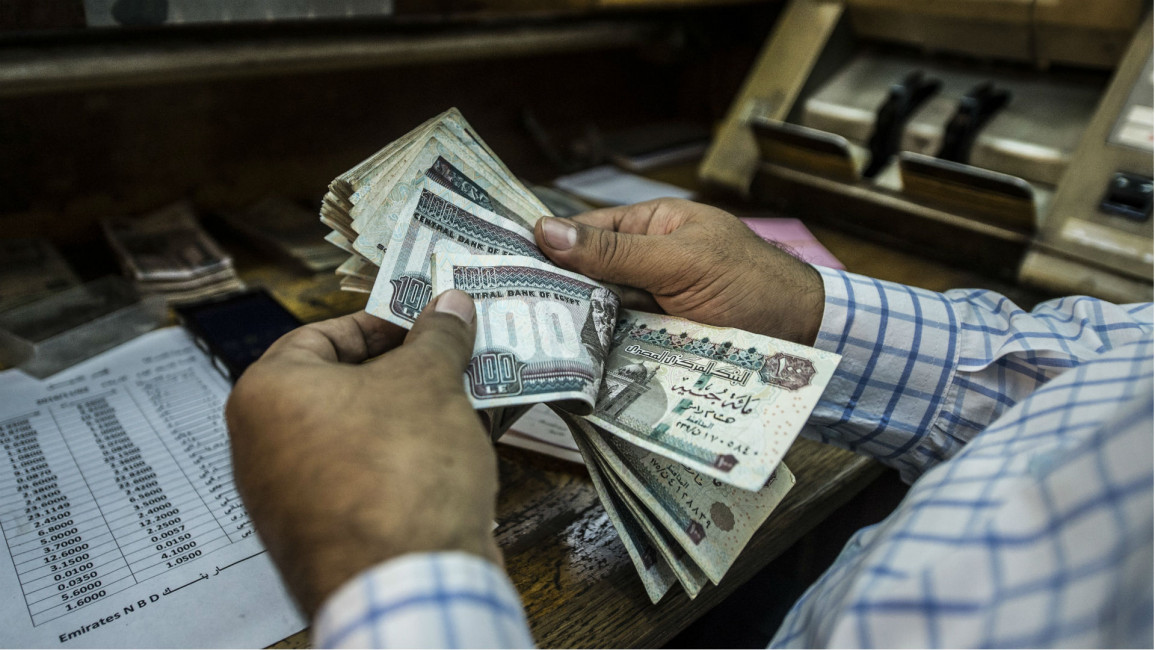Activity in Egypt's non-oil private sector falls to its lowest in more than two years
Acitivity in Egypt's non-oil private sector has fallen to its lowest in more than two years, according to a survey on Tuesday.
The IHS Markit Egypt Purchasing Managers' Index (PMI) declined to 47.9 in November from 49.2 in October, showing a contraction in the sector for the fourth consecutive month.
Egypt's PMI figures for November are the lowest since September 2017 and the biggest decline since May.
"A continued market slowdown... led to solid drops in output and new orders, as well as the first fall in employment since July," the PMI report said of Egypt's non-oil private sector, which has grown in just six of the past 36 months.
"Businesses responded with the fastest reduction in output charges in the series history."
According to the report, "businesses sought to limit activity due to a drop in new orders".
David Owen, an economist at IHS Markit, told Reuters that the downturn "was extended to foreign orders, with firms noting weakness in key export markets".
|
||
"On the positive side, inflationary pressures continued to ease, with the latest mark-up in input costs being the second-softest on record. This allowed companies to raise input buying and also lower selling prices for the first time since May.
"The drop in charges may see some demand restored in future months," he added.
Nearly one-in-three Egyptians lives below the poverty line, according to official figures released in July. Unofficial figures estimate that number could be as high as 60 percent.
In 2016, Egypt agreed to slash a range of energy subsidies and economic changes in exchange for a $12 billion loan from the International Monetary Fund (IMF).
The changes included floating Egypt's currency, making substantial cuts in state subsidies on basic goods, and introducing a wide range of new taxes.
The IMF loan was disbursed in full earlier this year, providing a boost for the economy praised by analysts but not felt by many on the streets.
Egypt's official statistics agency said inflation fell to its lowest level in nearly a decade in October, easing to 2.4 percent compared with 17.5 percent a year earlier.
Follow us on Twitter and Instagram to stay connected



